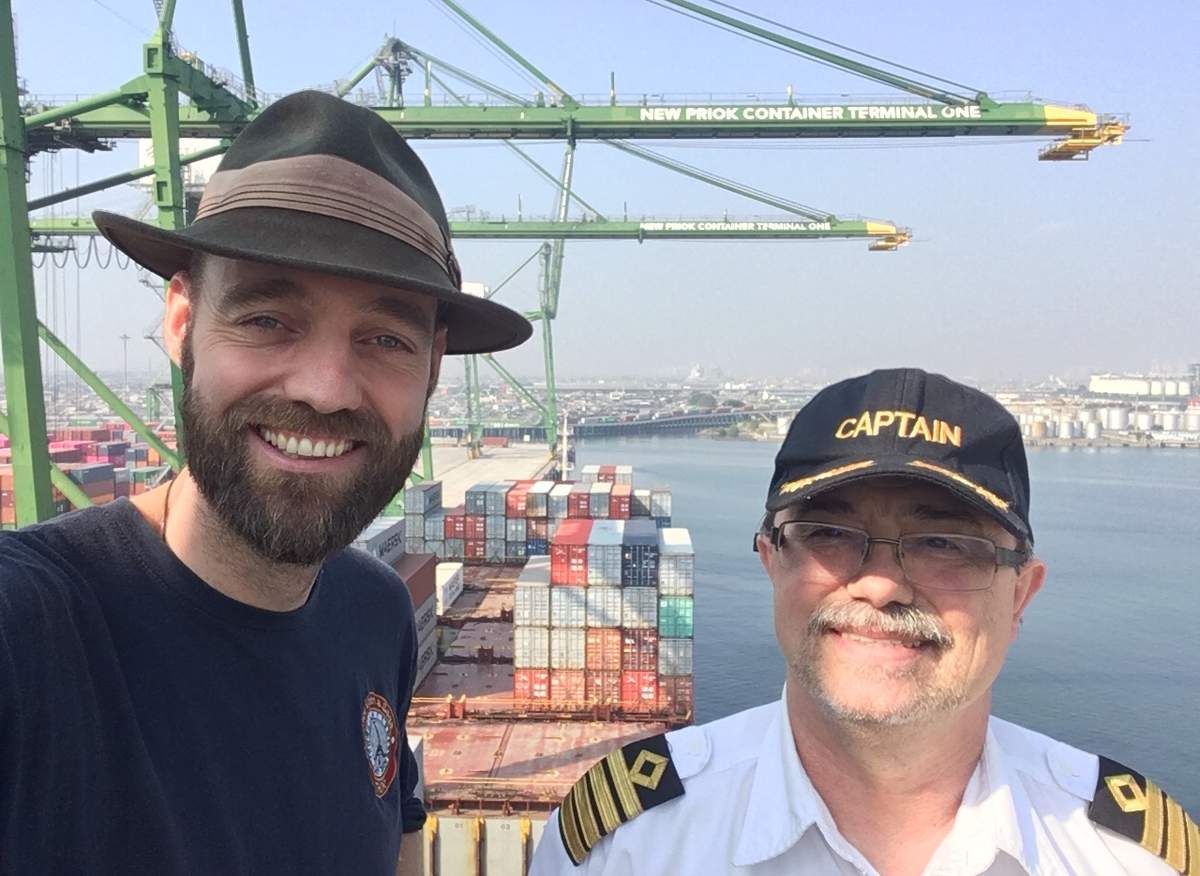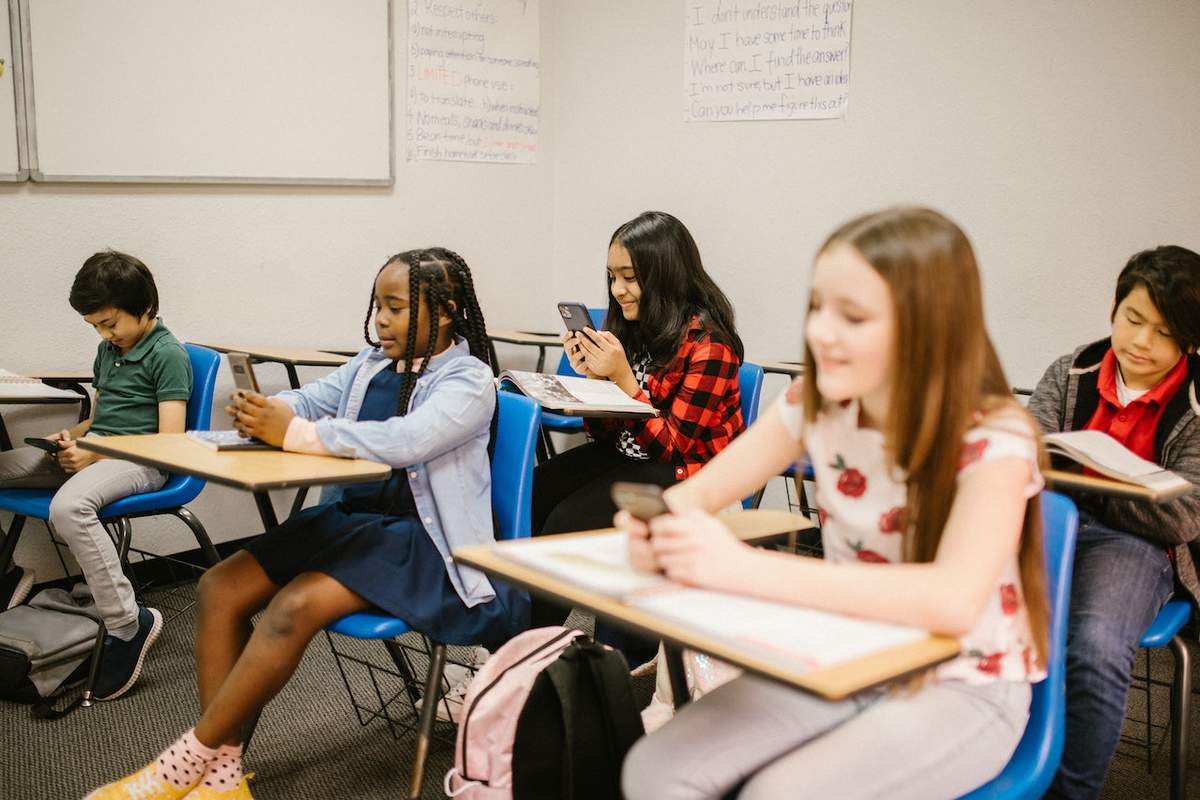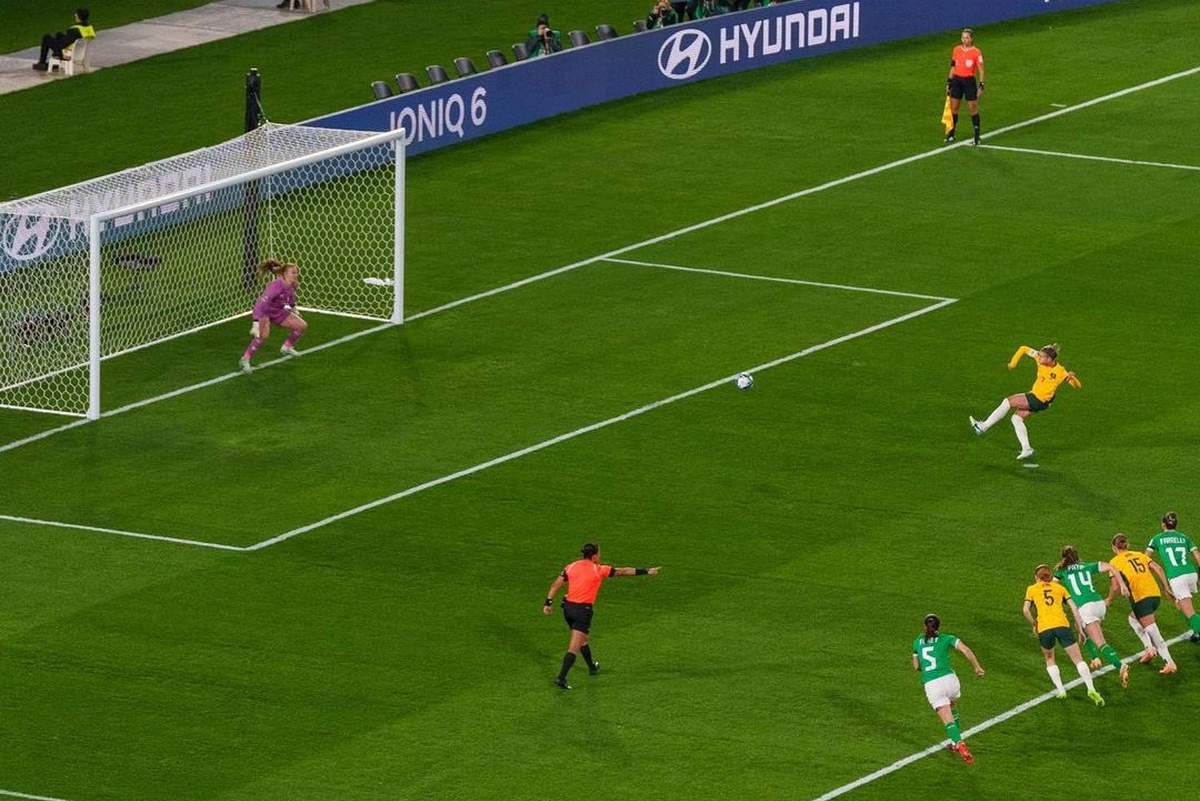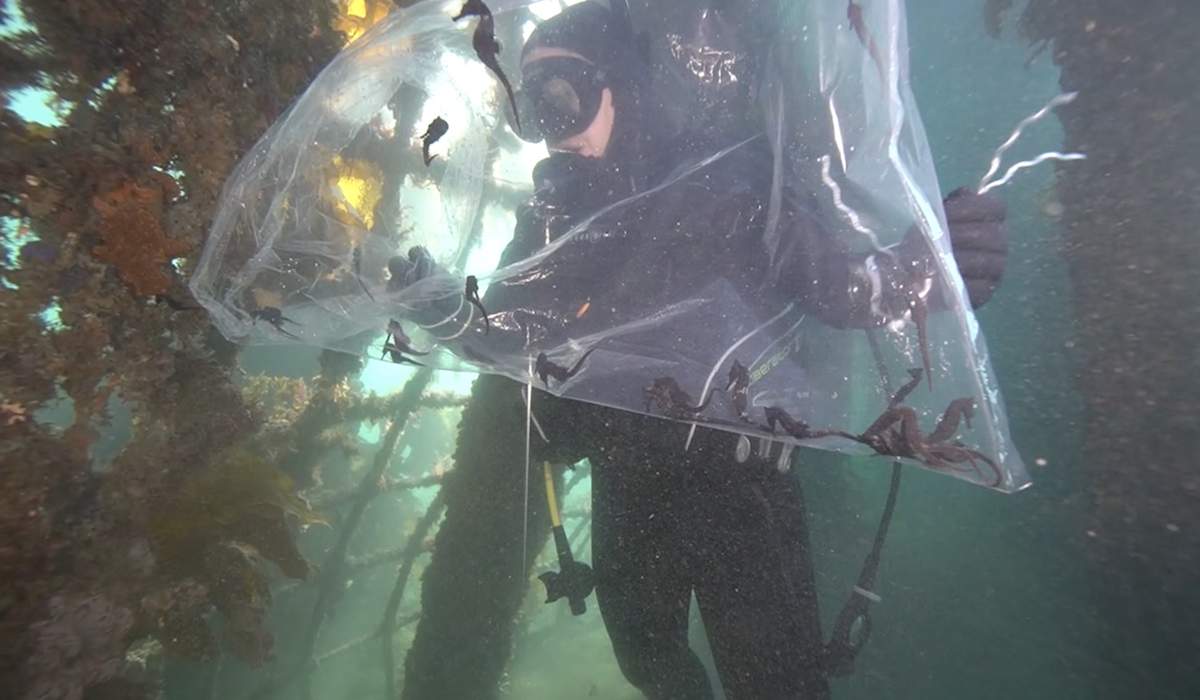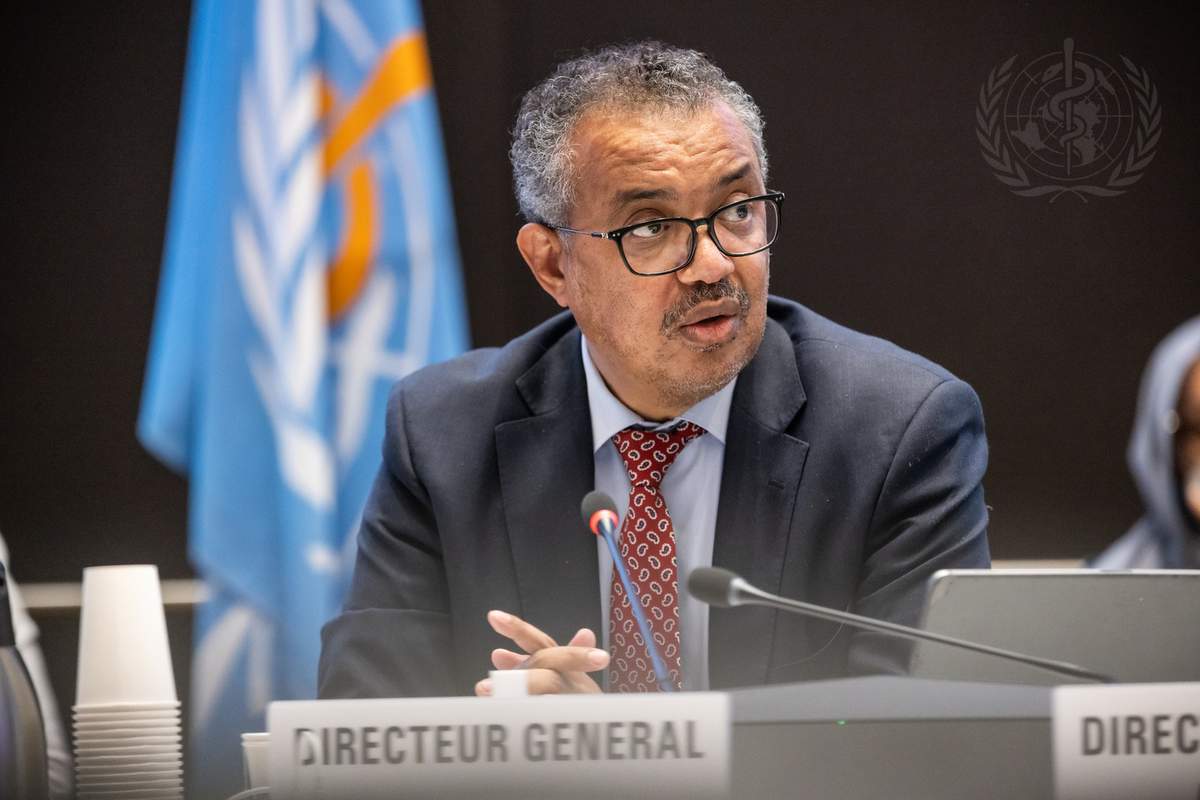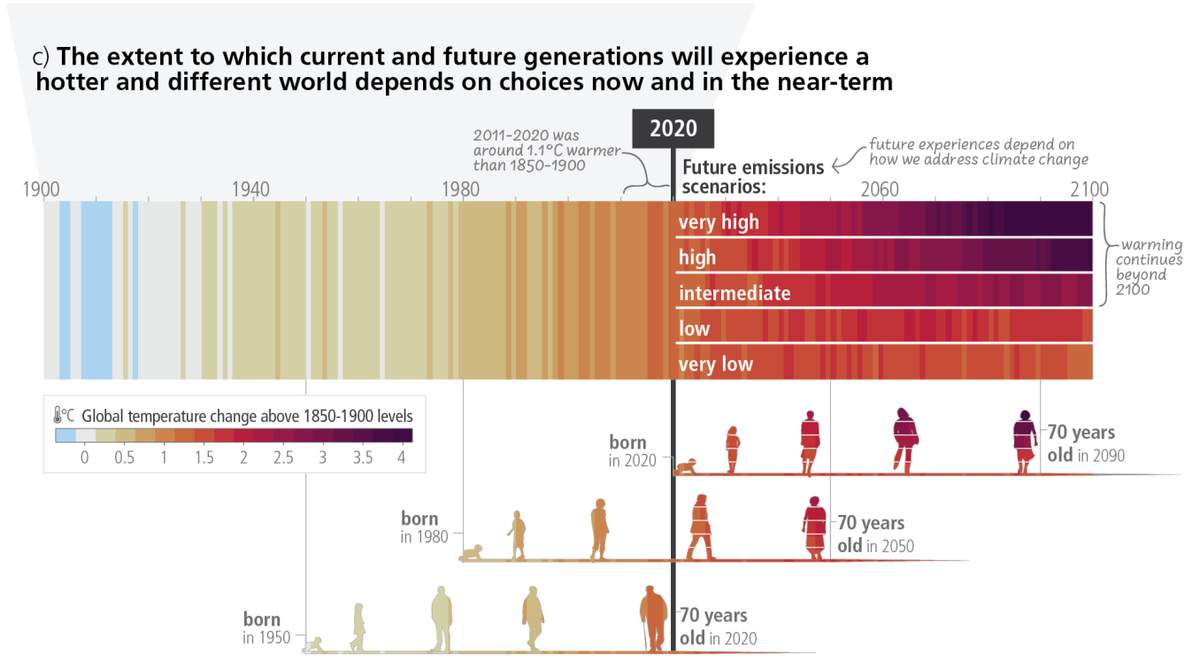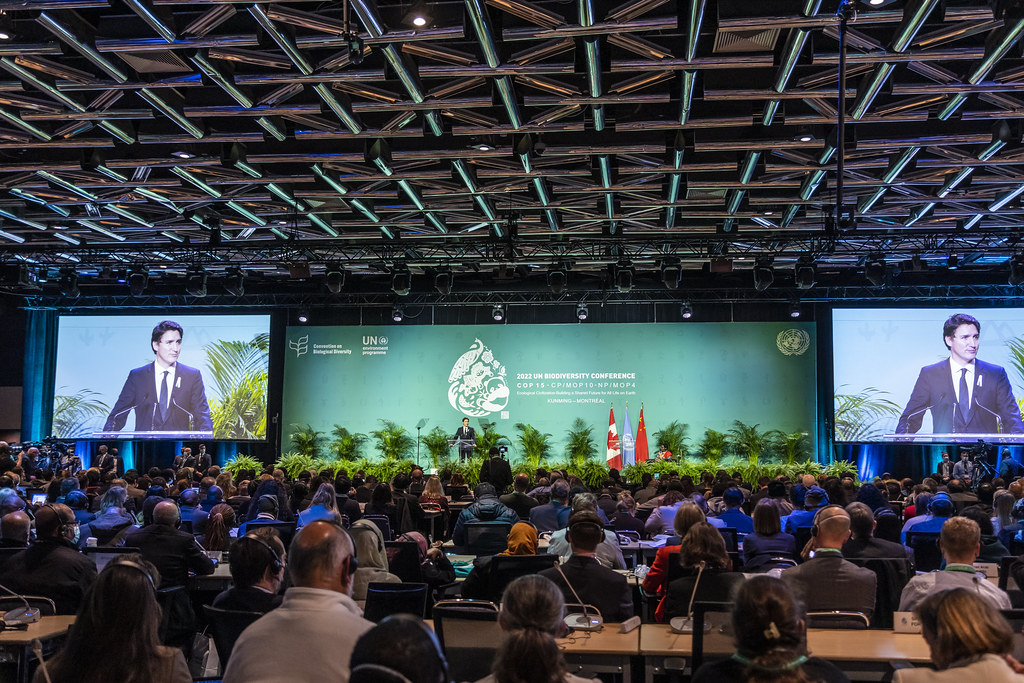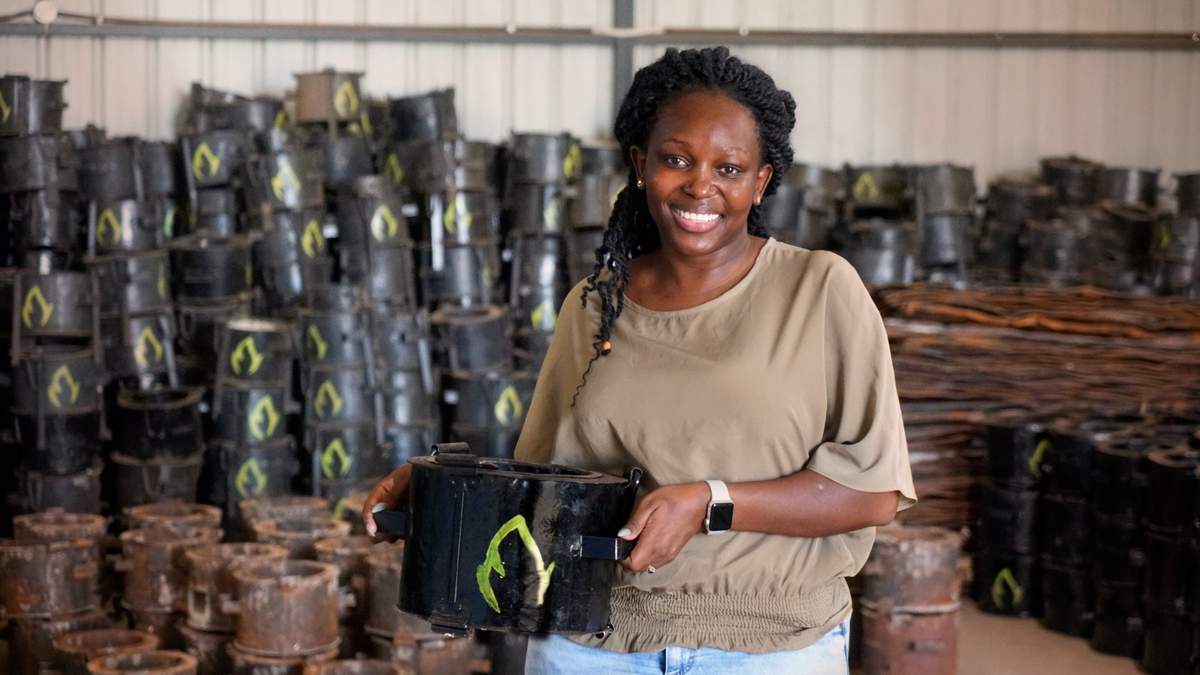Torbjorn ("Thor") Pedersen is a Danish traveler who recently finished a trip around the world. But this wasn't just any trip. Mr. Pedersen spent nearly 10 years visiting every country in the world – and he did it all without flying.
Published in “Australasia”
A recent report from a United Nations group warns that using technology in classes may not help as much as many people believe. The report suggests that technology should be used less in schools, and that smartphones should be banned from classrooms.
For the last two weeks, 32 women's soccer teams have been playing in stadiums across Australia and New Zealand as part of the FIFA Women’s World Cup. Along the way, there have been some amazing matches, along with several surprises. Now there are only eight teams left.
In a world-record effort to help save a rare sea creature, Australian scientists have released hundreds of baby seahorses into the wild. The tiny seahorses are endangered, and the scientists hope the new seahorses will help their numbers grow.
On Friday, the World Health Organization announced that the coronavirus pandemic is not a global emergency anymore. The disease is now spreading much more slowly than before. The WHO says Covid-19 is still a problem, but the hardest part of the pandemic is over.
Governments worldwide are making special rules to limit the popular social media app TikTok. The governments have safety concerns about TikTok because it's owned by a Chinese company. But many people think banning TikTok may not be the best answer.
On Monday, a United Nations climate group released a major new report on climate change. The report explains that the climate crisis has become even more serious, and that massive climate action must be taken before 2030 to avoid the worst effects of the crisis.
COP15, an important United Nations meeting of nearly 200 countries, is being held in Montreal, Canada. The goal of the meeting is to agree on how to best protect all the different kinds of living things on our planet - Earth's "biodiversity".
Last Friday, Britain’s Prince William announced the winners of this year's Earthshot Prize. The prize is meant to encourage new ideas and rapid action to help protect the planet. Each prize-winner won $1.2 million for their efforts.
Around the world, workers are striking. The main cause is that prices have gone up sharply, while workers' pay has not. Many striking workers have extremely important jobs, and some governments have blocked them from striking.
On November 15, the United Nations reported that the number of people on Earth had grown to eight billion. That came just 11 years after the world reached seven billion people. The world faces challenges ahead as the population continues to grow.

